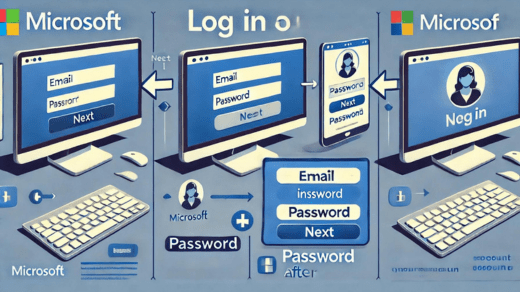A Demat account is an electronic repository in which investors hold their shares and securities in electronic format. It is mandatory for stock buying or selling in the Indian stock market. However, many investors remain unaware of the differences between the various types of Demat accounts available in India, which are meant for different investor categories.
Importance of a Demat Account
Before we explore the types, it is important to understand why a Demat account matters:
No physical share certificate is required.
Easily interlinked with leading share market apps and trading platforms in India.
Provides access to equities, bonds, ETFs, mutual funds.
Reduces the risks of theft, forgery, or damage to paper certificates.
The first step for anyone planning to open a Demat account online is to select the right type.
Different Demat Account Types in India
Regular Demat Account
To be opened by resident Indian investors.
Best suited for persons actively engaged in buying and selling securities.
Links efficiently to India’s first-choice app and trading platforms.
Basic Services Demat Account (BSDA)
Specifically for small investors with limited holdings.
It charges lower maintenance costs.
For people who associate investing, investing through mutual funds through SIP is an occasional affair for them.
Repatriable Demat Account
The account was established for Non-Resident Indians.
Connect to an NRE (Non-Resident External) bank account.
It allows funds to be repatriated abroad.
Interlinks with options trading apps and mutual fund services.
Non-repatriable Demat Account
This also is for NRIs but linked with NRO (Non-Resident Ordinary) Account.
The funds cannot be transferred abroad.
It is particularly helpful for NRIs managing their investments in India without remitting funds abroad.
This is the basic classification of the Demat accounts available in India from where the investors can choose based on their residency status, size of portfolio, and investment objectives.
Opening a Demat Account Online
With the digital evolution in services, investors are now able to open a Demat account online in a few simple steps:
Select a platform or the top Demat account app.
Submit KYC digitally.
Complete verification through the in-app procedure.
Link to a trading account and a bank account.
Once activated, the investor is ready to trade and invest.
This method reduces excess paper work and opens up market opportunities to a wider base.
Integration with Trading and Share Market Apps
A Demat account has no worth without a trading interface. A number of top share market apps and best trading platforms in India work in direct integration with Demat accounts so that users are enabled to:
Track stocks in real-time.
Execute intraday trades based on intraday tips or strategies.
Diversify into mutual funds, ETFs, and bonds.
Demat and trading app integration provides a seamless investing experience for investors.
Importance of Mutual Fund Investments
Though mutual funds can be bought directly from fund houses, a lot of investors prefer to manage them through demat accounts apps in India. The benefits therein include:
A unified view of stocks and SIP plans.
Use of a mutual fund screener for fund selection.
Convenient switching and redemptions of schemes.
Access to mutual fund investment apps integrated with Demat accounts.
This simplifies portfolio management since it puts different investments in one place.
Zero Brokerage and Cost-Efficient Trading
To get a counter on trading digitals, plenty of investors combine their Demat accounts with zero brokerage mobile applications in India. This is especially helpful for intraday traders, as frequent transactions tend to add greater costs. Joining up a Demat account with low-cost trading apps certainly minimizes expenditures and enhances execution.
Demat Accounts and Options Trading
For investors seeking derivative options, it is paramount to link a Demat account with an options trading app. This linkage enables traders to:
Hedge stock positions.
Trade options with real-time updates.
Monitor both derivatives and equities in one portfolio view.
Choosing the right best options trading app can help reduce this junction further for both beginners and advanced traders.
Factors to Consider When Choosing a Demat Account Type
Investment Size: Small investors may prefer BSDA; active traders, regular accounts.
Residency Status: NRIs need repatriable or non-repatriable accounts.
Trading Frequency: Frequent traders should consider cost efficiency with zero brokerage trading apps.
Integration: Must coordinate with mutual fund apps & top share market apps.
Long-term Goals: Investors focus on SIP plans; they may give priority to those apps that integrate well with mutual funds.
Future of Demat Accounts in 2025
The coming years are likely to see more glue between Demat services and AI-powered tools that way:
Predictive analytics for intraday trading guide.
Intelligent mutual fund screener for SIP choice.
Enhanced portfolio management via unified dashboards.
With this, investors will enjoy an easier life and make decisions based on empirical data.
Conclusion
One must learn the Demat account types in India before stepping into the market. Be it a regular account for residents, a BSDA for amateurs, or an NRI account for overseas investors, all play their unique role. With a fast-track way of online Demat account opening, investors have quicker access into the markets.



